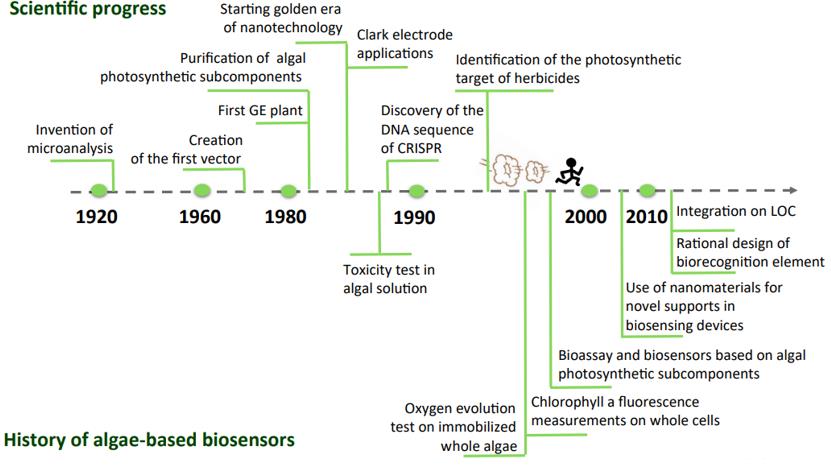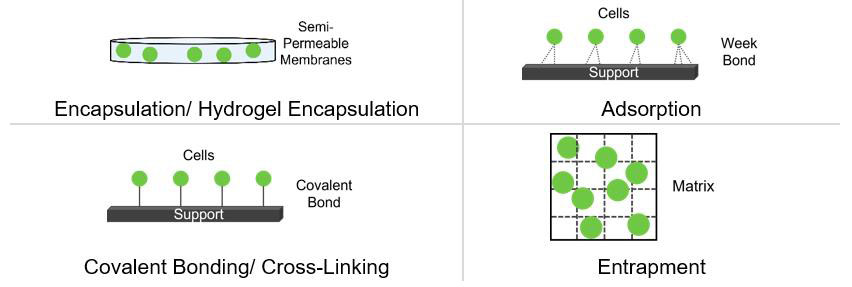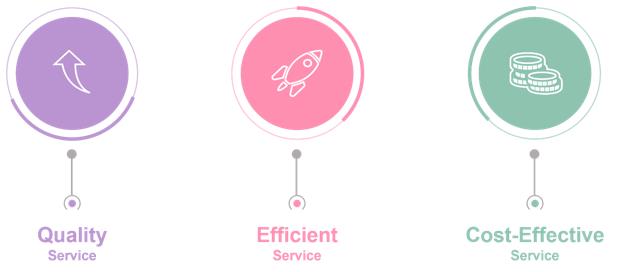Algae-Based Biosensor Development Services
As primary producers in the aquatic environment, algal assays have become an important method for assessing the toxicity of chemicals in the water. With many years of experience in algae research, Lifeasible offers professional algae-based biosensor development services to our customers worldwide.
Introduction to Algae-Based Biosensors
Biosensors are interesting devices that derive from a synergistic combination of proven scientific knowledge and cutting-edge technologies, including nanotechnology, rational design, materials science, and microfluidics. These devices have proven to be used in various fields, such as the medical field, agricultural products, and the environment, and have shown good utility, sensitivity, reproducibility, and fast response. Algal biosensors are intriguing instruments for herbicide analysis in water and food, offering high sensitivity, the cost-effectiveness of algal culture, ease of genetic manipulation, sustainability, and versatility integrated into microfluidic and multiplexed devices.
 Fig.1 Development of Algae-Based Biosensor Technology. (Antonacci, A., & Scognamiglio, V., 2020, Trends in biotechnology)
Fig.1 Development of Algae-Based Biosensor Technology. (Antonacci, A., & Scognamiglio, V., 2020, Trends in biotechnology)
Our Services
Because of our many years of experience in algae research and development, Lifeasible offers excellent algae-based biosensor development services.
Cutting Edge Immobilization Protocols
In order to be able to offer a high-quality algal sensor development service, we offer specialist immobilization solutions. The immobilization protocol used is determined by the type of microalgae used as bio-receptors, the viability and growth requirements of the microalgae, the toxicity of the substrate, the type of material/substrate to which the cells are attached, sensitivity, stability, reproducibility, and the application biosensor.

Diverse Substances to be Detected
Many organic and inorganic pollutants, such as heavy metals, dyes, pesticides, and agricultural wastes containing harmful elements, are released into the soil from sources such as agricultural operations, industrial wastewater, and municipal wastewater.
Algae-based biosensors are capable of sensitively detecting a wide range of heavy metals, herbicides, and other harmful substances, including but not limited to the following substances.
| Heavy Metals | Herbicides | ||
| Zinc | Cadmium | Diuron | Simazine |
| Lead | Copper | Atrazine | Glyphosate |
| Nickel | Mercury | Alachlor | Paraquat |
In addition to algae-based biosensor development services, Lifeasible also offers heavy metals and herbicides detection services.
Why Choose Us
As a pioneer in the study of algae, Lifeasible has been dedicated to algae-related research for many years. We have provided professional, rapid, and reliable algae-based biosensor development services for many years. Please contact us for more information.

Reference
- Antonacci, A., & Scognamiglio, V. (2020). Biotechnological advances in the design of algae-based biosensors. Trends in biotechnology, 38(3), 334-347.
Our services are for research use only and not for any clinical use.